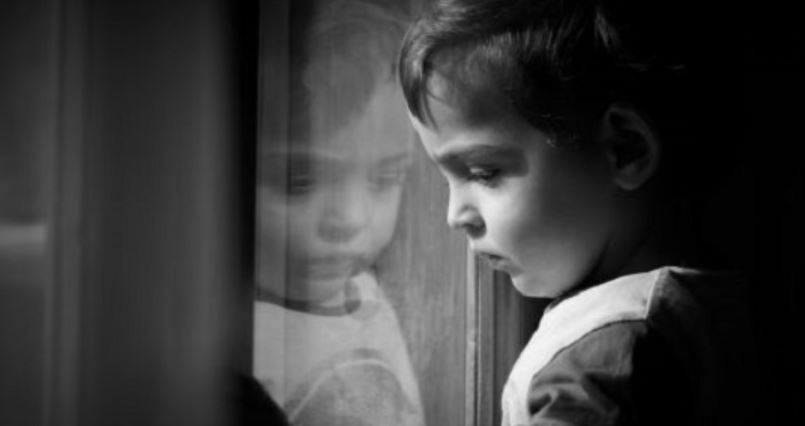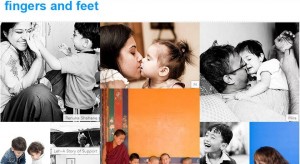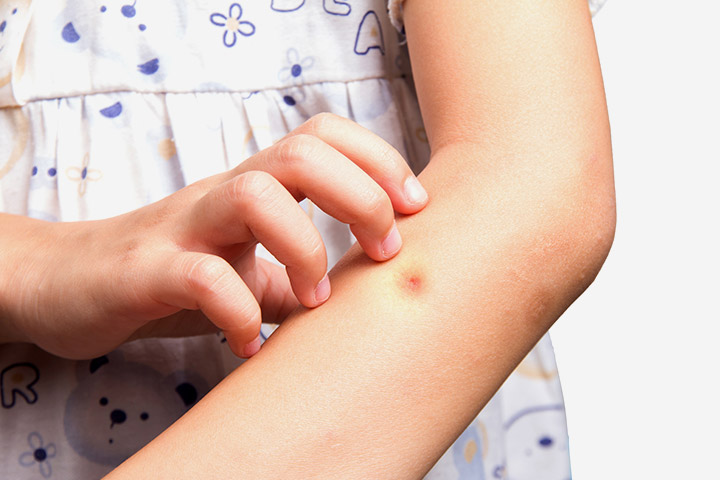I was sitting with some friends yesterday and the only topic that seemed to be on the table was the security of our kids. The stories of kids being molested or something worse is the only thing we see in the papers nowadays.
As a parent one thing that is on my mind constantly is the need to know that they are OK. Till they don't come home from wherever they have been and I don't see their smiling happy faces, I'm on tenterhooks? Am I a paranoid parent? No, I don't think so.a
Statistics show that in India, every 155 minutes, a child under 16 years of age is raped.
Now if that doesn't frighten you I don't what will. We send the kids for birthday parties or play dates thinking its a contained area and they will be safe. Sometimes they are accompanied by help, sometimes they go with a known adult or they had gone for an outing with their school.
The problem is that a lot of kids and parents don't communicate so effectively. If there has been an incident brushing it aside could end up scarring the child for life. Parents need to be vigilant and aware of how to reach their kids – through talking and by showing them that they will always be there to protect them
The best way to protect your child is to proactively engage in open communication about personal safety from a young age. Helping a child build their knowledge of personal safety is a form of primary prevention of child sexual abuse. Having these open conversations early on will build the child’s knowledge and may encourage the child to be more open about uncomfortable experiences they may have.
Signs You Should Watch For
- Significant changes in behaviour (such as reverting to soiling or bedwetting, a decline in school performance)
- Sexual behaviour or knowledge about sex that is beyond the child’s age
- Sudden fears or fear of being with a specific person
- Unexplained change in the emotional state
- Becoming unusually secretive
- Pain in the genital or anal area.
What do you think we should do as parents? What steps have you taken to help your child understand the dangers that lurk? Talk to us in the comments below or email us at contribute@kidsstoppress.com


















